Review: Thrones of Britannia
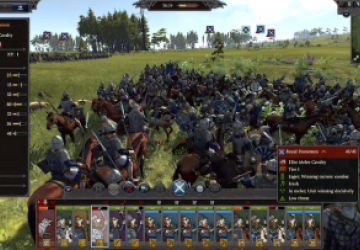
A look at the recent game from the Total War series on the Linux desktop thanks to Steam and Feral Interactive.
Back in 878 CE (or AD, if you prefer), the British Isles and England were far more exciting than what we see there today, especially if you are into historical dramas with lots of kings and knights in armor fighting for God and glory. Throw in Vikings launching an attack on the adolescent England, the retreat of its king who then gathers support from the provinces for a decisive counter-offensive against the horned warriors, and it makes for pretty cool story telling. Even if it is all true.
In January of that year, Vikings did attack at Chippenham, which is a little Northeast of Bath and Bristol. Alfred the Great, King of the Anglo-Saxons, was caught by surprise and retreated only to gather reinforcements from the counties of Somerset, Wiltshire and Hampshire. In May, Alfred's combined forces met King Guthrum's army in Edington in Wiltshire, formerly known as Ethandun. To make a long story short, the Brits won, the Vikings lost, and the rest as they say, is history.
The cool thing about fiction, and video games for that matter, is that you can take a decisive period in history such as this and re-imagine it by asking what would have happened if the Vikings had won. Or maybe some lord from one of the counties would have seen this as a good opportunity to get rid of Alfred, make some backroom deals with other counties and districts, and maybe even the Vikings, and you'd have a very different England today.
Total War Saga: Thrones of Britannia by Creative Assembly and SEGA, along with Feral Interactive (who brings us the Linux version of the game), asks us to envision these types of scenarios and rewrite history. Thrones of Britannia is a turns-based strategy game, with real-time elements, that asks you to join one of several factions (the British, the Welsh or even the Vikings) from which to build your empire (Figure 1). Each faction comes with its own regional strengths, goals, features and troops. No faction gives you a definitive advantage over the other, so take the time to read up on each and see what feels right to you. So far, I've played the Welsh and Gaelic kingdoms.
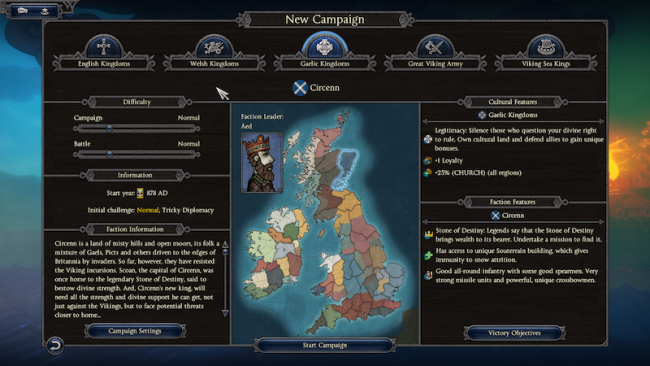
Figure 1. Choose your faction.
A substantial part of the game involves planning, researching, growing and building up your forces for the inevitable battles. You start out with only a small force that you must build, slowly, over time. This happens while you deal with the politics of the region, appease regional leaders, feed your people, acquire resources, keep the economy going and pretty much do anything that concerns the development of a young country. While you're busy with all those things, you need to figure out how you're going to build up the kind of force that will let you take decisive control of this not-so-merry old England.
Game play happens over a beautifully detailed map of the British Isles (Figure 2) with cities and towns visible on the landscape. Your vantage point is overhead, but you can zoom in and out, pan, and even drop down to ground level, which is pretty cool when you get to actual fighting. The whole thing creates a feeling of place that adds to the immersive aspects of the game.
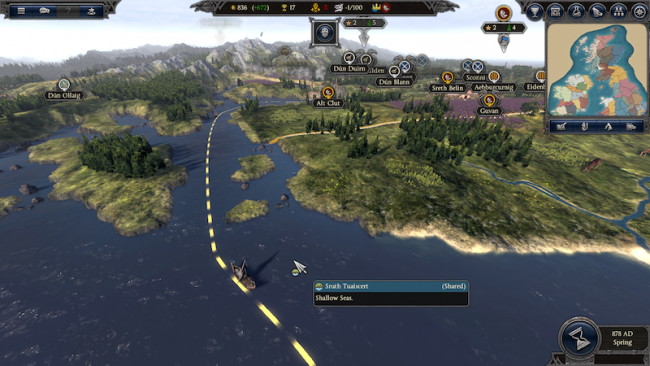
Figure 2. A Richly Detailed Landscape and Seascape
Finally, there's the fighting. In case I haven't made it clear, this is a historical battle simulation. You won't find wizards sending mystical bolts into the enemy line or towering heroes crushing ordinary forces under their mighty toes. It's a slow grind, recruiting troops, growing and taking care of your people, making sure they don't starve to death, and keeping them happy so they don't turn and desert you long before the going gets tough.
Then, on the field of battle, it's all strategy, timing and a little bit of luck. A bigger army doesn't immediately guarantee you a win. You select and control individual battle groups, direct them toward the enemy line, and modify your strategy in real time. Pan, rotate and even drop down to ground level to get as close to the action as possible (Figure 3).
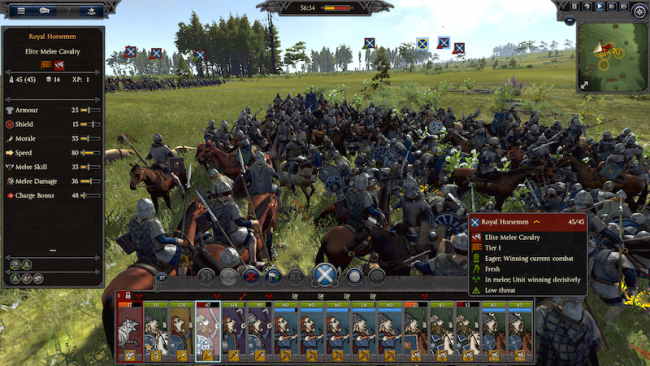
Figure 3. Up Close and Personal on the Battlefield
The game is played via campaigns—solo and against other players. If you don't want to wait, the game does have a "quick battle" mode that pits you against the game's AI.
Technical Details
The game will benefit from a good accelerated graphics card and probably best with your manufacturer's proprietary driver, but even on my Acer notebook (Core i5, 12GB of RAM and GeForce 940MX card, running Kubuntu 18.04), it performed well enough. However, I did get warned about potential performance issues whenever the game started (Figure 4). To alleviate potential lags, the game offers plenty of options and tweaks, so chances are, it will play well for you too.
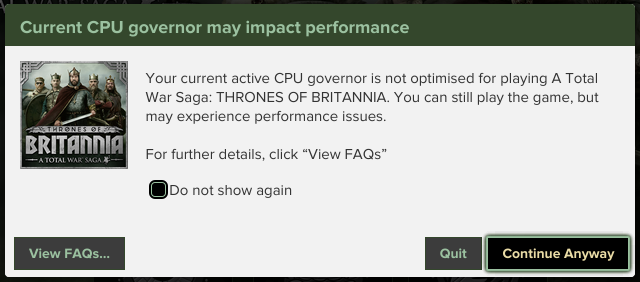
Figure 4. Warning! Marcel runs sub-standard hardware.
I probably also should mention that the Linux version of the game is available through the Steam store, so you will need to install and run the Steam engine. Luckily, this isn't a big deal with most modern Linux distributions—for instance, Steam is right there in the Ubuntu repositories. I've played Steam games on Fedora, Arch, openSUSE and a few others.
Final Thoughts
Thrones of Britannia has a lot going for it. It's complex, wonderfully detailed and totally immersive, dropping you right into the middle of battle where you can see your strategy play out. Unfortunately, to me at least, that felt like part of the problem. The gameplay feels slow and dry, despite the historical depth and richness of detail. Over and over, I found myself going back to the "quick battle" mode in order to sharpen my skills without all that waiting.
For the Total War fan who is dedicated to realism, tactics and head-down strategy, the game surely offers a great deal more. This is a thinking player's game, not something you fire up for a quick skirmish or to dispatch a few vikings for relaxation. It also helps if you happen to have played games in the Total War series before this one, because as a starting point, let me just say that daunting might be a good word to describe the challenges that await you. There's a lot here, and there's a huge learning curve as well. Thrones of Britannia is impressive, but it may not be for everyone.









